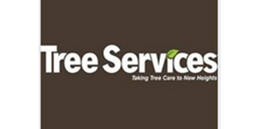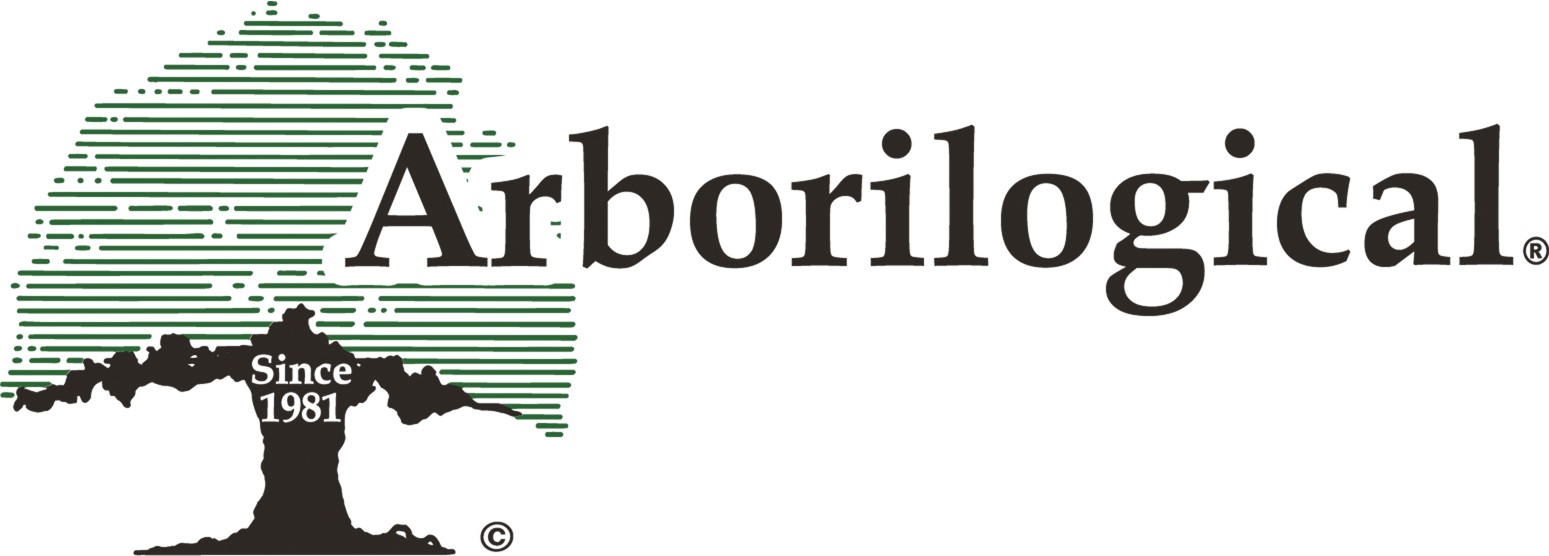
Published January 1, 2009 By PATRICK WHITE
If you are of the opinion that you just cannot possibly, given all that you have to do in your work life, find a way to volunteer your time and expertise, then you need to talk to Steve Houser. In October 2008, the Dallas arborist was chosen by President George W. Bush’s Council on Service and Civic Participation to receive the President’s Volunteer Service Award. The national program was created in 2003 “as a way to thank and honor Americans who, by their demonstrated commitment and example, inspire others to engage in volunteer service.”
Houser certainly met that criteria, as he was honored for volunteering 5,000 hours of his time. That’s the equivalent of 125 40-hour work weeks, or 2.5 years of full-time volunteering. All this while running one of the Dallas area’s largest and most respected tree care businesses, Arborilogical Services, Inc., (www.arborilogical.com), which employs 10 certified arborists and a host of other trained professionals with degrees in plant pathology and other fields.
How does he do it all? By making his volunteer work the priority. “Volunteerism is something that has been a way of life for me for a long, long time,” Houser explains. “I find a greater joy out volunteering than I would if I grew my tree care business to be the biggest in the country. That might sound odd to some people, but I really do get a lot of joy out of the volunteer work I do.”
He got the volunteer bug decades ago when a key customer of his tree care company asked Houser to take down a group of 60 mature trees that the two had worked for some time to protect and preserve. “They were important trees to me, so I was forced to make a decision: ‘What was more important? My client and making money, or what I felt in my heart?’”
That question was quickly answered and Houser decided to devote his energy to helping spread the message about the importance of trees. “As I got more involved in public issues, I realized there was a sore need for better tree care advice and information,” he explains.
Much of Houser’s volunteer work—including the 5,000 hours of service he was honored for with the President’s Volunteer Service Award—have come as part of the Master Naturalist program (http://ntmn.org/new/). In accepting the award, and reflecting on the 5,000 hours he had donated just to the Master Naturalist program, Houser joked that they should have called it the “Get a Life Award.”
Houser became a certified Master Naturalist, and leads public presentations and training sessions for the group. He is also a certified Master Gardner, and for 10 years has conducted a three-day program on the benefits of trees at the group’s “Farm Day” each year. “During those three days we have around 4,000 fourth-grade students come through and we talk about trees. “Most of what I do is ask them questions and try to get them to laugh—and it’s so much fun. When the kids come in, I’ve got on my hard hat, my eye protection, by saddle, my old lace-up climbing boots that go up to my knees. So that holds their attention,” he laughs. When students’ attention drifts, Houser tackles some of the finer points of the importance of trees: “How many of you use toilet paper?” he poses.
Houser has talked trees with more than 40,000 students in this venue over the past decade, and has found that his approach of keeping things fun works. He recounts how, “A few years ago, I was at a local trade show handing out buttons that say, ‘I Love Trees.’ One young boy came by with his parents and said he really wanted a button. He told me he knew a lot about the benefits of trees and went through a list of about 15 different benefits—more than any adult I had talked to. His parents were just beaming behind him. I asked where he had learned all that and he told me, ‘at Farm Day.’ And that told me that the message was getting through.”
A great deal of Houser’s volunteer hours on behalf of the Master Naturalist program were devoted to serving as an advisor to the Dallas Urban Forestry Advisory Committee. “Seventeen years ago I realized that Dallas needed this type of group. So I worked long and hard over that time to convince the City that this was an important issue, and I was a real pain in the neck about it,” he says.
His goal was to convince the City of Dallas that it needed to devote resources to appreciate preserve protect and properly plant and maintain its urban trees, which had for many years been seen as an impediment to development rather than a valuable resource. By being such an outspoken proponent of Dallas’ urban tree efforts, Houser was challenged by the City Council to take the lead on the effort. “And that’s what led to me working almost a full-time job by volunteering in that capacity,” he says.
Recently, the efforts began to pay off. “City officials have been supportive. Four years ago, I was able to convince the council to hire the first urban forester for the City of Dallas,” recalls Houser. That, along with the Urban Forestry Advisory Committee that was established the following year, marked the first true effort on the part of Dallas to plant and manage its trees. “We still don’t have a dedicated division of urban forestry, but I’m now trying to convince the City Council to establish a division or office of urban forestry, which is badly needed,” Houser adds. “A good friend, Bill Seaman, and I, have worked together for many years to lobby on this issue.”
Houser’s commitment to volunteerism isn’t limited to his “free time.” Indeed, he makes sure his business places the same priority on stepping forward to help out. As a testament to the spirit of volunteerism within the company, Arborilogical Services employee Sara Beckelman was also recognized recently for having donated 5,000 hours to the Master Naturalist program. “She’s a past president of the Master Naturalist Association, and she’s almost a full-time volunteer,” praises Houser.
Houser and other arborists on the staff also regularly contribute articles for the state ISA chapter newsletter. And Arborilogical Services was a founder and has been a longtime sponsor of the Texas Tree Climbing Competition. Houser, who has judged international tree climbing competitions around the world, began more than two decades ago by offering to provide climbing equipment to those participating. From there, the event has grown tremendously. “Last year was the 25th year, and our company has won it 16 times with seven different employees,” he explains proudly. “We want the competition to be the best that it can be.”
About six years ago, the prize was renamed the “Steve Houser Award of Excellence” in his honor. “So now, the tree climbers compete for what’s known as the ‘Houser Cup.’ I was in shock when they announced that—it was a tremendous honor,” he says. “And now I get to present the award every year.”
Houser continues to press for urban forestry efforts in Dallas, and his latest volunteer work has come through Vision North Texas (www.visionnorthtexas.org), a partnership of public and private groups working to plan for the region’s future. Houser wants to make sure everyone involved understands and appreciates the important role that trees play. That means compiling and sharing research on the many health and quality-of-life benefits that trees offered. And, of course, it means attending meetings and making presentations—all on a volunteer basis, of course.
He credits everyone at Arborilogical Services for allowing him the freedom to pursue these causes. “I think the absolute world of the employees here—they’re the best people I’ve ever worked with, and I’m as proud as I can be of them,” says Houser. “They’re so good they don’t need me very much, which gives me more time the things I love to do with volunteering.”
